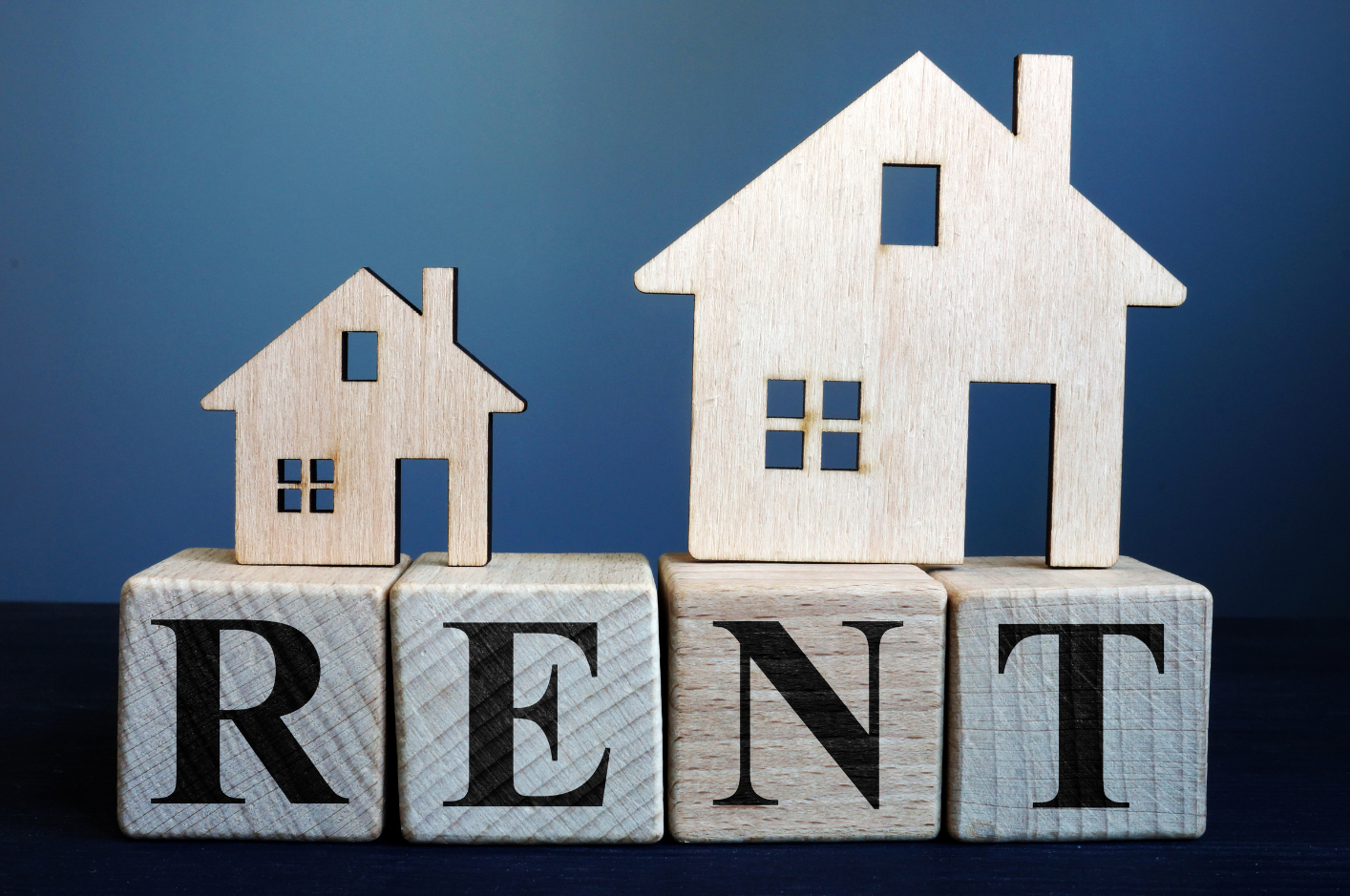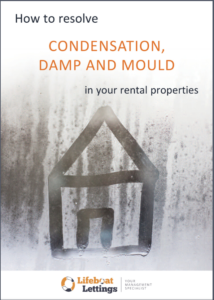
The total amount of rent paid by tenants in Great Britain is now nearly £86B per annum. This is nearly twice the level of 2010 and 10% more than in 2022.
The data comes from lettings agency Hamptons which says that recent significant rental growth has increased the national rent bill by £8B from 2022 alone, marking the biggest annual jump on record.
The apparently huge increase from 2010 figures is partly because the number of households renting has increased by a quarter over that period alongside rent increases through the intervening years. However, when analysing the actual rental increase year on year over the intervening years, it represents a reasonably modest average year on year rise – at or just below inflation – compounded over the period.
None the less, when taking into account the recent relatively large yearly jump, the average rent on a newly let home in Great Britain now stands at £1,348 pcm, up 10.2% or £125 pcm year on year.
So, what is driving the increase?
Well, firstly there are a number of economic factors weighing on the rental sector. This includes inflation over the period (which peaked at 11.1% in October 2022), particularly driving maintenance costs for rental properties. During the same period mortgage interest rates have been rising fast. These factors, coupled with increasing legislation has caused landlords to reassess the profitability of their investments, and inevitably many have been forced to increase rents as a consequence. Others have left the market altogether, which has reduced the supply of rental properties, also putting an upwards pressure on rents.
In addition, changing demographics are also affecting rental prices.
Millennials (born between 1980 and 1994) – continue to dominate the rental market. They spent a record £36.9B on rent in 2023, reversing the falls recorded between 2016 and 2020. During this period prior to Covid – when mortgage interest rates were low – more millennials naturally started to become homeowners. Initially, back in 2016, Millennials made up a record 58% of all rented households. That figure then fell to a low of 42% in 2021, before rising again to 44% this year.
Since Covid ended, higher mortgage rates have kept younger millennials renting for longer and pushed up their contribution to the nation’s rent bill. In turn, this demand has also helped push rents themselves higher.
If mortgage interest rates had stayed low after Covid, we would have expected their contribution to the rental market to continue falling from 2020 as more became homeowners. Another factor to consider is that the average millennial is now aged around 35, so those who haven’t bought will likely be renting into retirement.
In parallel, as more and more of Generation Z (born between 1995 and 2012) continue to leave home, they are facing similar challenges becoming owner occupiers and are instead becoming renters.
This demographic contributed £30.5B to the national rent bill in 2023, which is £6.3B more than in 2022 which marked the biggest annual increase of any generation. They made up 36% of all renters this year, up from just one per cent a decade ago.
So, bearing this economic data in mind, how should landlords respond when considering increasing the rent they charge?
Ultimately – considering the laws in England – it is up to the landlord to decide how much to increase rents by in response to cost pressures they themselves are facing. This approach is equally valid for an ongoing tenancy as it is for a new one. Ultimately however, it is sensible for a landlord to keep the increase ‘fair and reasonable’ – particularly for an existing tenancy. Not only is this the right thing to do; in a properly functioning free market, the market itself will control the rent charged. What is meant by this is that an unreasonable rent increase could be challenged downwards, or the tenant could leave, and a smaller increase (or none) would need to be applied by the landlord to secure a new let. Therefore the market dictates the rent.
So, what is considered ‘fair and reasonable’ in terms of a rent increase? Landlords should consider what is ultimately limiting the rents levels in the market they operate in and use this information to determine what is fair and equally importantly, what level is likely to be sustainable. To do this it is therefore important to look at ‘affordability’ and affordability is driven by wage levels and ‘wage inflation’ in particular. So, for a finger in the air approach, a reasonable rent increase would be based around wage inflation. Wage inflation is currently running at around 6.6% based on recent figures.
We hope this has been useful. As always, we at Lifeboat Lettings are on hand to chat through any lettings management related issues you may be having or in particular to talk through rent levels in your area and help you set a reasonable rent figure for your property.
Take the next step towards a successful property venture. Contact us today to discuss your specific requirements, learn more about our services, or simply have a conversation about the ever-changing landscape of the property market. Your success is our priority, and at Lifeboat Lettings, we’re here to steer you towards it.
Contact Us Now on 01233 802803 or contact@lifeboatlettings.com to embark on a journey of excellence in property management.




